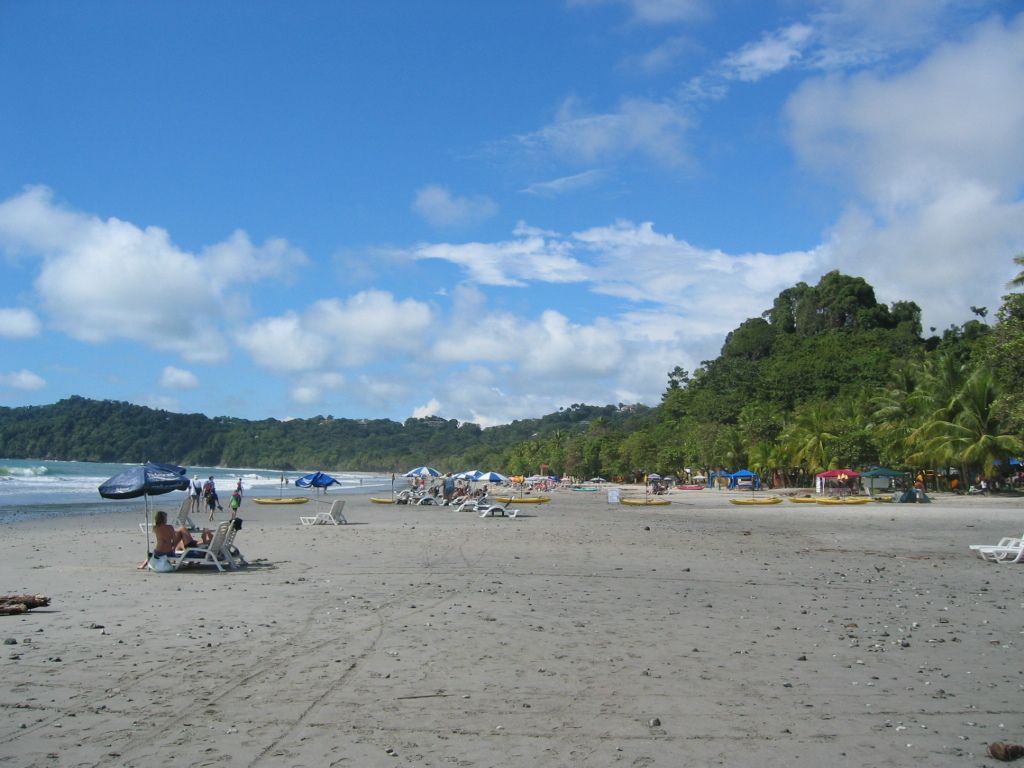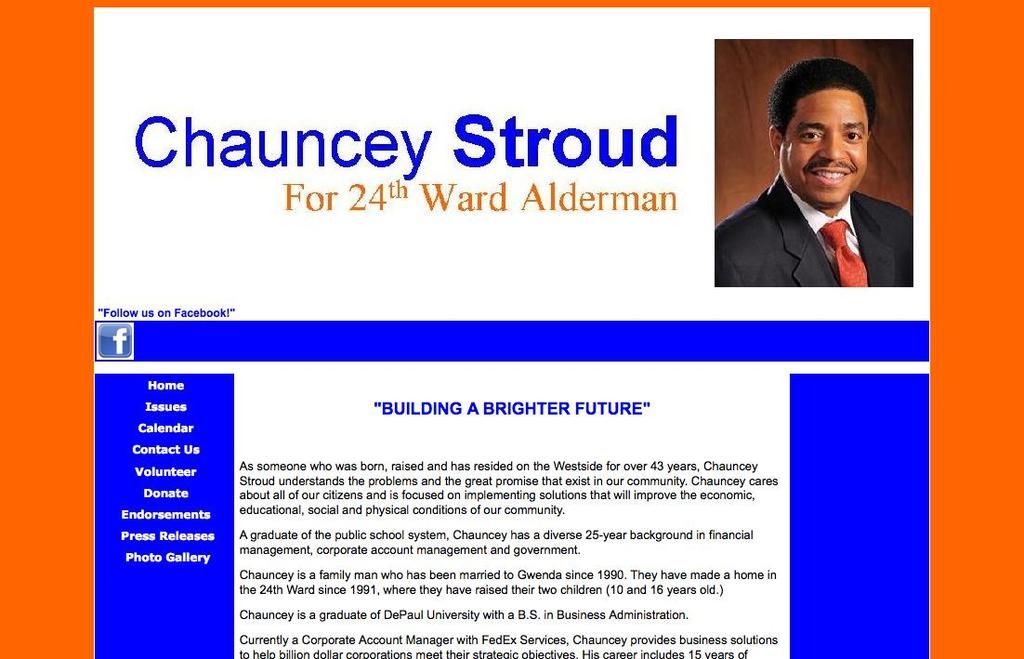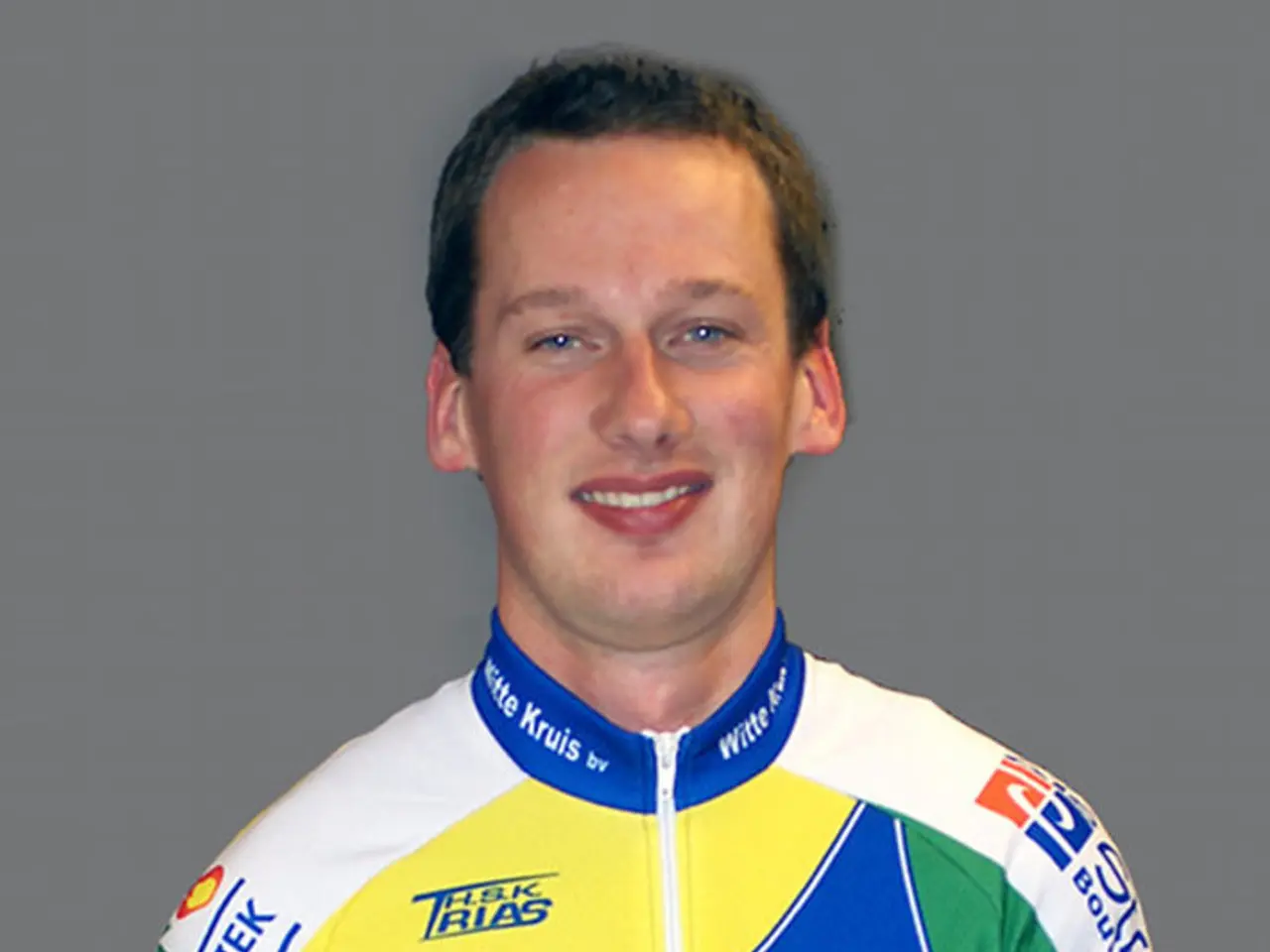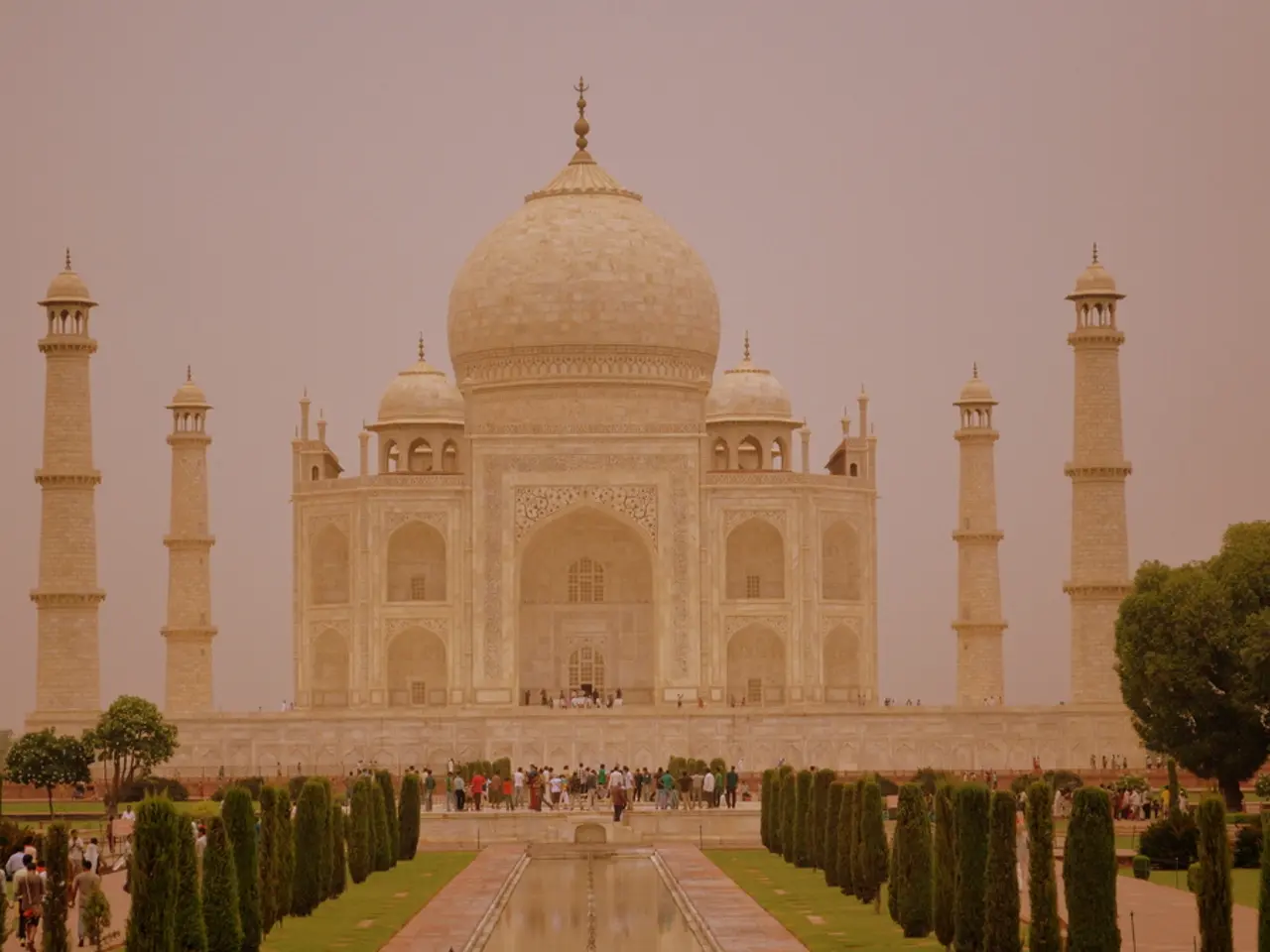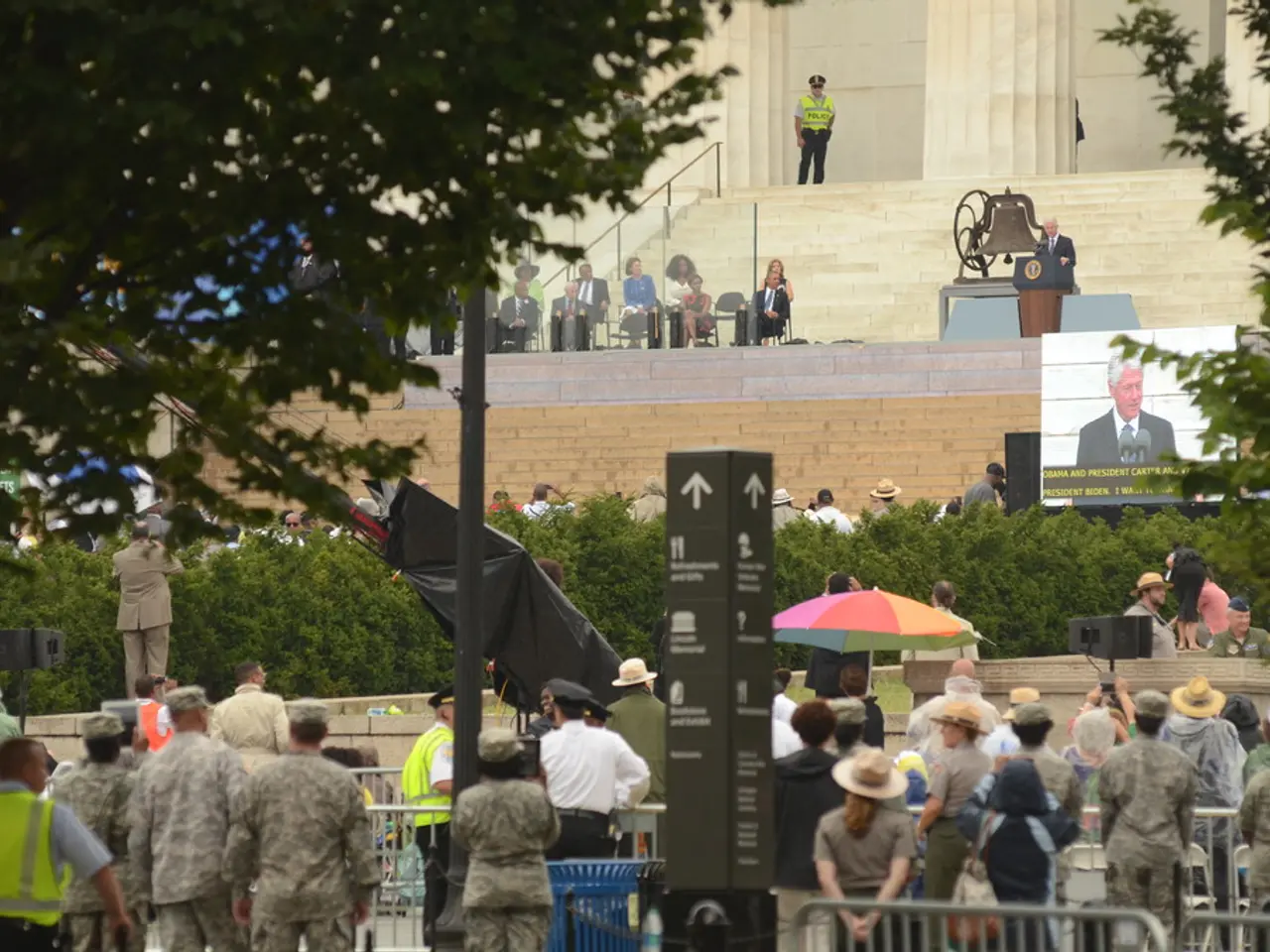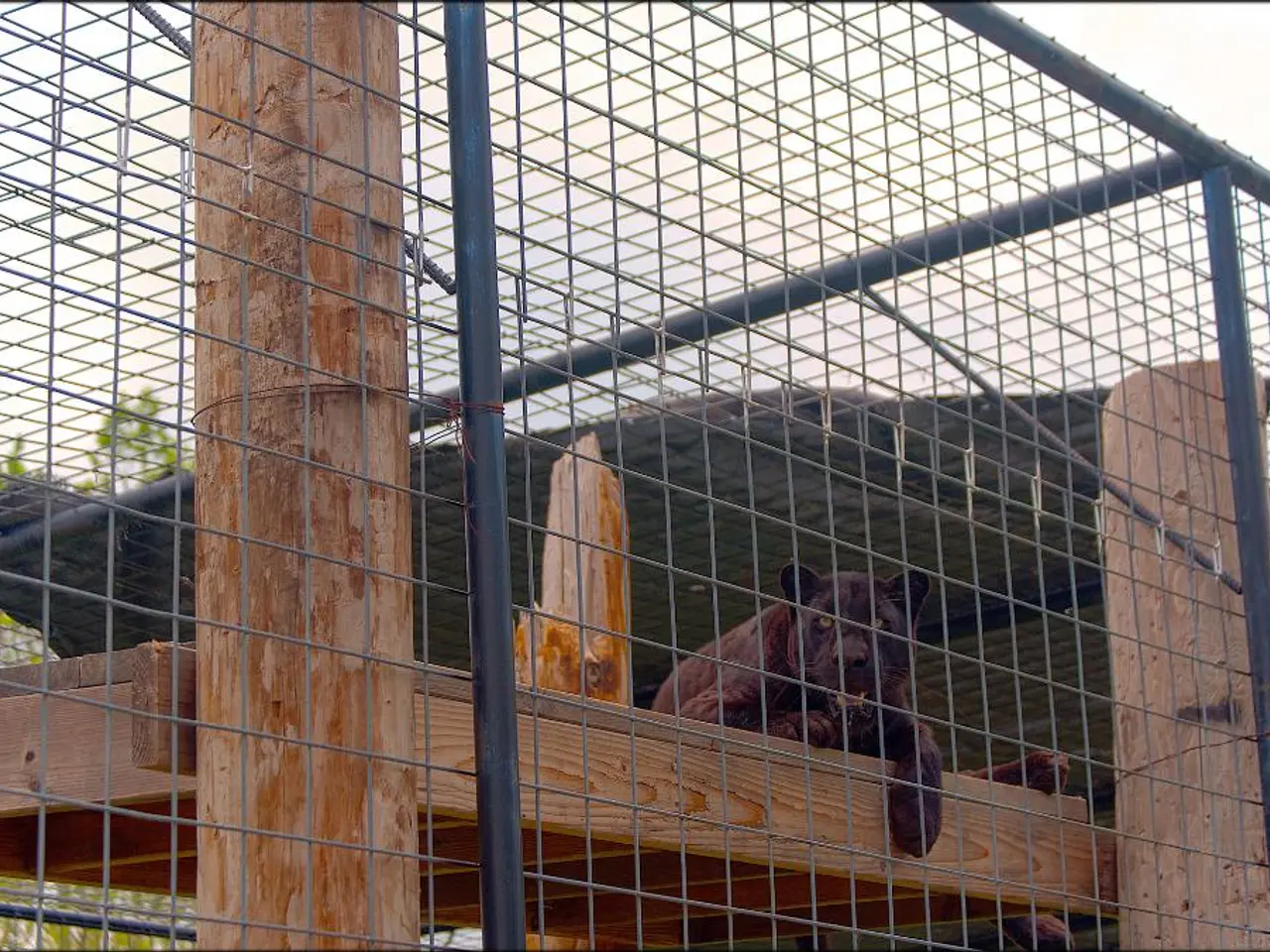Protesters Allegedly Fooled Trump's Birthday Procession by Purchasing and Not Using Tickets
From Social Media Tricks to Trump's Birthday Party: A Modern Fiasco
In the bustling world of digital communications, pranks and deception have taken center stage during a recent political event. On a stormy evening, during Donald Trump's birthday military parade, an online activist shared a TikTok video advertising ticket reservations for the event, amassing over a million views. Little did the audience know, the activist had no intention of attending the rally. This marked just one instance in an ongoing trend of social media users circulating bogus ticket reservations for political events, even when they had no plans to participate.
The crowds that gathered for Trump's parade, amidst the rain and the threat of thunderstorms, appeared somewhat meager, leaving many questioning the precise number of attendees. Estimating crowd sizes during live events can be a daunting task, especially when considering the fleeting instant of observation. On the other hand, social media was abuzz with pride, attributing their perceived impact on the rally's attendance.
Matt McCool, the special agent-in-charge for the U.S. Secret Service's Washington, D.C., field office, projected an "enormous turnout" of hundreds of thousands of attendees in a security briefing. Nevertheless, comments like "I got 10 tickets here in Australia. Whoops, my bad, won't be there" and "We Europeans couldn't use our tickets here. Solidarity from Scotland!" flooded the digital sphere.
This situation echoed a similar incident in 2020 when Donald Trump kicked off a rally tour, promising a massive event planned for Juneteenth in Tulsa. Social media platforms were teeming with users, even k-pop stans, urging their followers to reserve tickets for the rally, with the intention of leaving the stadium empty and leaving the president high and dry. When the president spoke to a half-empty stadium in his comeback rally, online teens claimed credit for the diminished crowd, although rising COVID cases during a pre-vaccine era might have also played a significant role.
As social media denizens celebrate their perceived influence once more following Trump's birthday party milestone, they find themselves in the limelight at a crucial time for social media companies, particularly TikTok, which remains operational due to President Trump's decision to forgo enforcing a binding law that would have banned it from U.S. soil if its parent company, ByteDance, did not sell it to a non-Chinese entity.
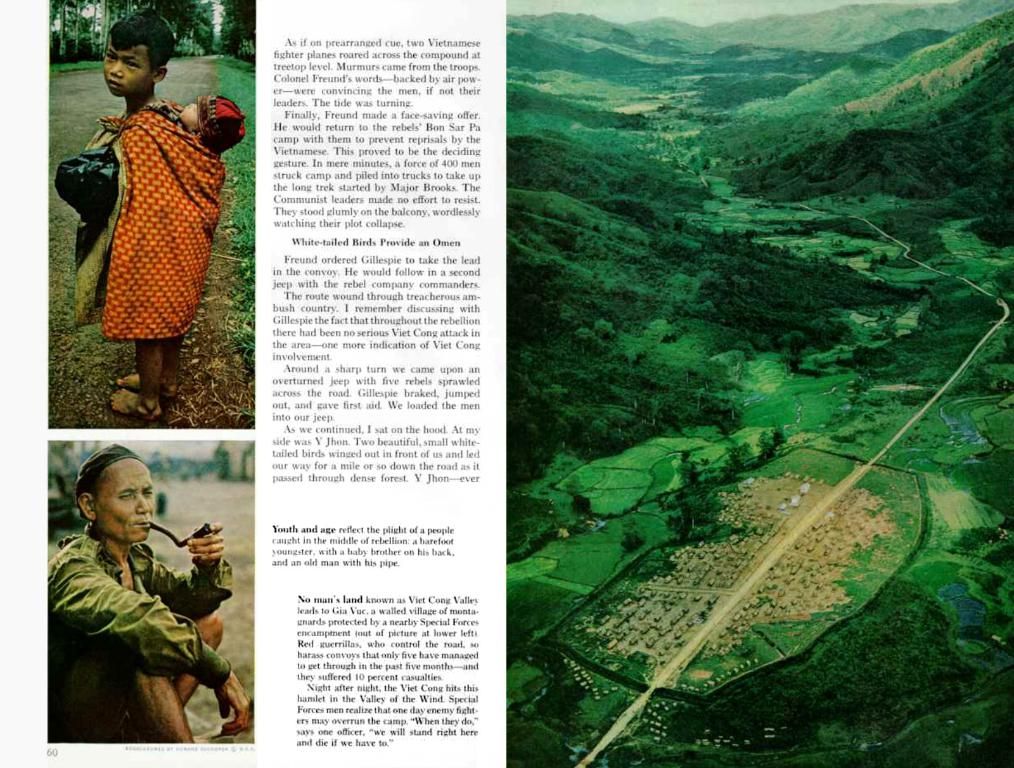
The limelight, however, is not always welcome, as concerns about TikTok's activities have escalated. Forbes exclusives reveal that TikTok has been under investigation by the FBI and Department of Justice for spying on journalists[1]. Reports also suggest that TikTok creators' financial information and Social Security numbers have been stored in China[2]. So, while social media users continue to claim credit for their pranks, the attention focused on these platforms presents both challenges and opportunities for both users and regulators.
Enrichment Data:
- Crowd Estimates and Controversy: Social media played a significant role in propagating discussions about the credibility of crowd estimates, with claims and counterclaims gaining traction on platforms such as X and MSNBC[3].
- Protests and Public Sentiment: Social media platforms enabled wide-ranging conversations about protests, such as the "No Kings" demonstrations, which might have impacted overall public interest in attending the event[4].
- Public Engagement and Awareness: Social media also increased awareness and engagement with the event, potentially influencing attendance in some manner. However, attendance figures were significantly lower than projected, estimated at less than 200,000 individuals[2][4].
In conclusion, while social media did not directly influence attendance numbers, it significantly shaped public discourse about the event, offering insights into public sentiment and potential unit roots of the attendance discrepancies.
- During Trump's birthday military parade, an online activist exploited TikTok, a popular entertainment platform, to share a video advertising ticket reservations for the event, causing a stir in the realm of general news and politics.
- As TikTok remains operational amidst ongoing investigations by the FBI and Department of Justice for spying on journalists, its role in stirring controversy, such as the trick about Trump's birthday parade tickets, underscores the complexity and potential implications of social media in modern politics and entertainment.
